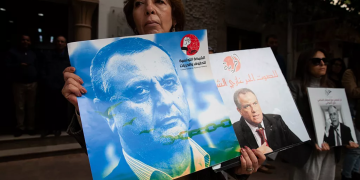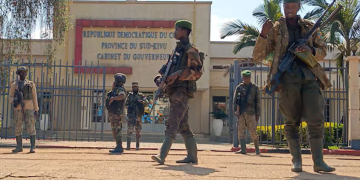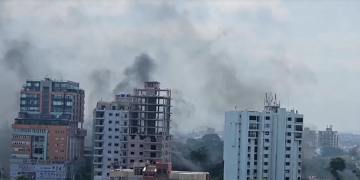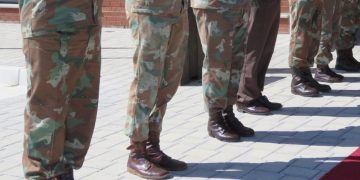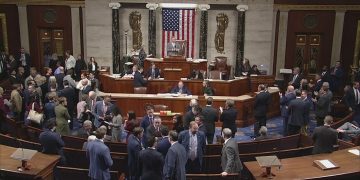Zimbabwean President Emmerson Mnangagwa recently underscored the importance of a vibrant opposition in maintaining checks and balances on the ruling party, ZANU PF.
His remarks come at a time when the political climate in Zimbabwe is fraught with tension, following a disputed election that has left many citizens questioning the integrity of their democratic processes.
The Necessity of a Strong Opposition
In a recent statement, Mnangagwa asserted, “It is critically important that we must have an opposition that will check on the ruling party.”
This acknowledgment of the opposition’s role raises significant questions about the current state of democracy in Zimbabwe.
While the president advocates for accountability, many critics argue that his administration has not always embraced these democratic principles.
The call for a robust opposition is particularly relevant given the backdrop of violence and unrest that has followed the October elections.
With over 100 fatalities reported during protests against alleged electoral fraud, the need for a strong and active opposition has never been more urgent.
Controversial Endorsements and Internal Divisions
The political landscape has become even more complex with Sengezo Tshabangu, the interim Secretary General of the Citizens Coalition for Change, facing criticism for supporting Mnangagwa’s bid for a third term.
This endorsement has sparked outrage among analysts and opposition members who view it as a betrayal of democratic ideals.
Critics argue that such support undermines the very purpose of an opposition party, which should be focused on challenging the ruling regime rather than aligning with it.
Tshabangu’s comments about fostering a culture of cooperation among political leaders have drawn mixed reactions.
While he cites examples from countries like South Africa, many believe that Zimbabwe’s political reality is vastly different and requires a more confrontational approach to ensure accountability.
Legal Implications and Constitutional Integrity
Adding to the controversy are calls from some factions within Zimbabwe to amend the Constitution to allow Mnangagwa to extend his presidency beyond 2028.
Constitutional lawyer Lovemore Madhuku has vehemently opposed these proposals, warning that they threaten to erode democratic norms in Zimbabwe.
He insists that any attempts to alter constitutional provisions for personal gain must be firmly rejected.
“This is a year where we must confront head-on any notions of extending presidential terms,” Madhuku stated.
“We need to eliminate these ideas from our political discourse to pave the way for genuine democratic engagement.”
The Path Forward for Zimbabwean Democracy
As Zimbabwe grapples with its political challenges, the role of opposition parties becomes increasingly critical.
The effectiveness of these parties in holding the ruling government accountable will determine not only their own future but also that of democracy in Zimbabwe.
President Mnangagwa’s call for an active opposition presents an opportunity for political renewal, but it requires genuine commitment from all parties involved.
As citizens continue to demand accountability and transparency, it is essential for opposition leaders to rise above internal divisions and focus on their primary responsibility: serving as a check on power and advocating for the rights of all Zimbabweans.
In this pivotal moment, will Zimbabwe’s opposition embrace its role as a guardian of democracy, or will it falter under pressure? The answer will shape the nation’s political landscape for years to come.





